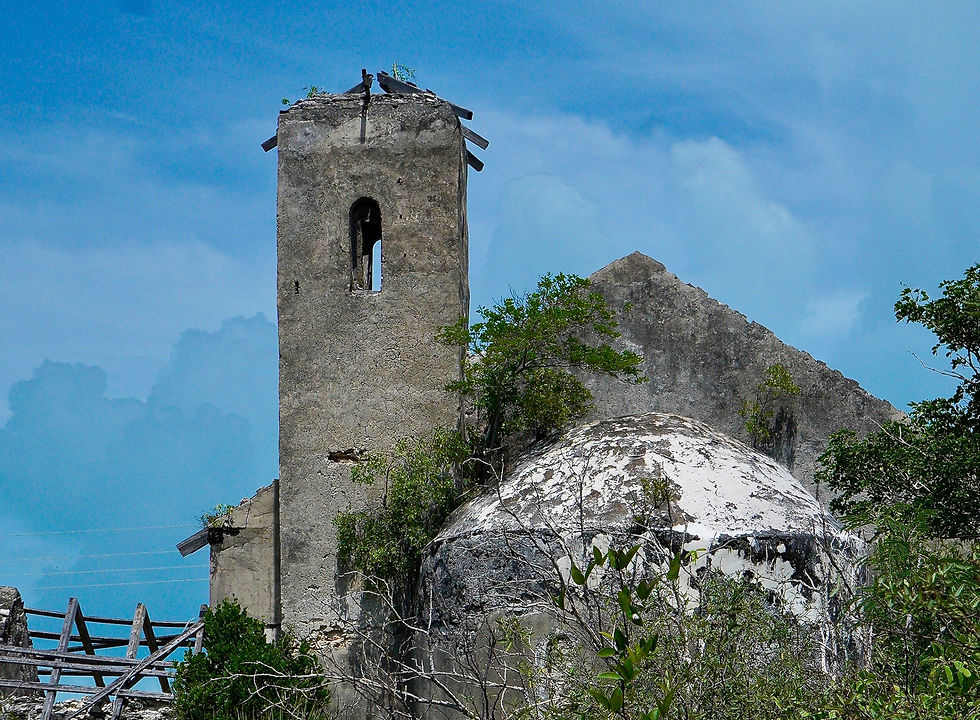Title
Settlement
Text
Land Grant Number
Acres
Date
Text
Text
Text
Give a brief description of the inhabitant. The man. The legend. Do we know any significant details about these guys? If yes, great! Include that here. If not, then this can just be ignored.

Andrew Deveaux
Settlement
Bains
Grants
D-109 (220 acres, 13 Jan 1789)
Andrew Deveaux Jr. Origin: Loyalist.
When the British army advanced to Charleston, South Carolina in 1779, the General Provost was joined by Andrew Deveaux, Jr., about age 21, and his father, Andrew Deveaux Sr. At the conclusion of the American Revolutionary War, Andrew Sr.’s estate in South Carolina was confiscated. In Andrew Jr.’s sworn statement to the Commission of Loyalists Claims, he stated that his father was a planter in South Carolina. It appears his father went to East Florida from South Carolina, as Andrew filed a “Schedule of Losses” for his father in 1783 in St. John’s, East Florida.
Andrew and his father are on a list of persons whose estates were confiscated by an act of the Rebel Assembly of Jacksonburgh, South Carolina. Andrew Sr. is listed as a Class V person – those who have borne commissions, civil or military, under the British Government. Andrew Jr. is listed as Class VI – “obnoxious person.”
In his History of the Bahamas, Michael Craton gives a lively account of Andrew Deveaux Jr’s
1783 expedition from St. Augustine with about 70 Loyalists to Nassau, to overthrow the Spanish
garrison stationed there, and return the Bahamas to Great Britain. Along the way, he recruited about 170 additional men (Bahamian Loyalists) from Abaco and Eleuthera. By ingenious methods, he was successful in overtaking the Spanish garrison and taking control of New Providence. However, unbeknownst to him, nine days earlier Great Britian and Spain had signed a treaty restoring the Bahamas to Great Britain - so the expedition was unnecessary. Lydia Parrish also gives a detailed account of this expedition and his other exploits.
Both father and son went to the Bahamas when East Florida was ceded to Spain in 1783, and received Bahamian land grants. His father obtained a large plantation where he grew Georgia cotton on Cat Island. Andrew Jr. received 220 acres in the Bains settlement on Long Island, along with land on other islands. Bahamian historians sometimes fail to identify whether they are describing the father or son, so although it is well known that “Deveaux” had a plantation on which he resided on Cat Island, it is important to keep in mind that the Deveaux land on Long Island was likely the Bahamian home of Andrew Deveaux, Jr – the actual American Loyalist “hero.”
Andrew Deveaux Jr. maintained a residence in England and visited the Bahamas often. On 22 April 1792, he moved to New York and married Anna Maria Verplank. He died of lockjaw 11 July 1812 and was buried in Duchess County, NY.
References: BOL, LCS, HB, Parrish, Craton
